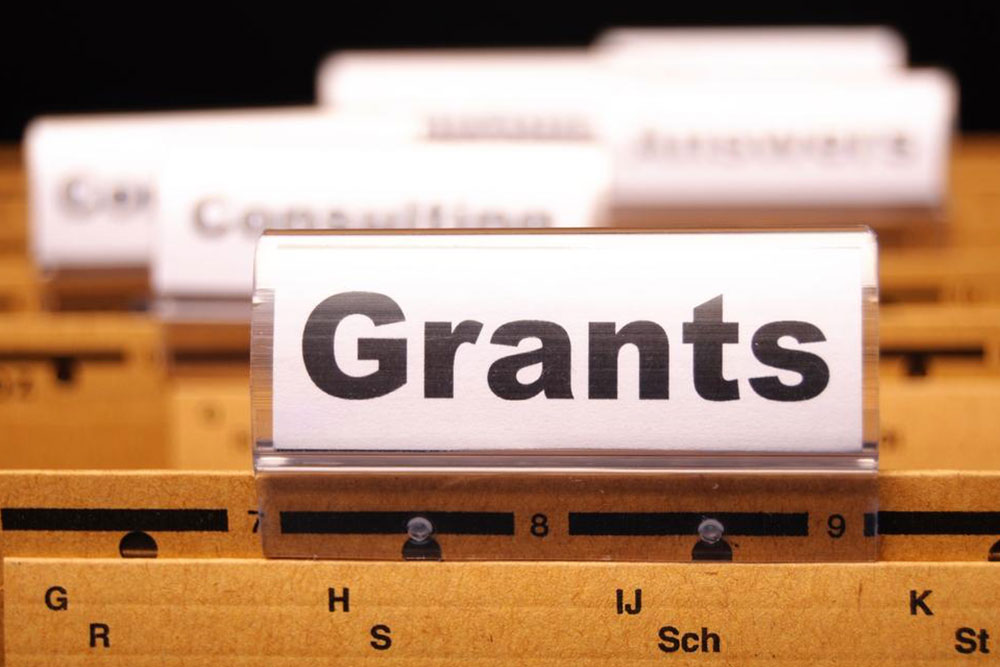Top 3 Resources for Returning Students Seeking Financial Aid
This article highlights key resources for adults returning to college, emphasizing federal and institutional grants that ease financial burdens. It covers specific scholarships, government programs like Pell Grants and G.I. Bill, and women-focused aid, providing essential guidance for non-traditional students pursuing higher education.
Sponsored

Unexpected life events can disrupt educational plans, forcing individuals to pause or delay their college journey. Many adults return to school later to improve career prospects or complete unfinished degrees. Despite challenges, support systems from families, institutions, and government agencies are available to facilitate their return. Various grants and scholarships are designed specifically for adult learners, making higher education more accessible. Securing financial aid can significantly ease the burden, enabling students to focus on their academic goals and career advancement.
Prospective adult students often find the idea of returning to college intimidating, especially with technological updates and classroom adjustments. The financial aspect tends to be the most daunting obstacle. Fortunately, several grants are available specifically for adult learners looking to resume their education. Applicants should start by completing the Free Application for Federal Student Aid (FAFSA), which opens doors to federal grants, loans, and work-study programs. Additionally, many institutions offer dedicated scholarships to support returning students, with eligibility criteria often favoring single parents or those who’ve faced personal hardships.
College and university grants are a prominent avenue for financial assistance. Many educational institutions allocate funds to support adult students returning to school. For example, Michigan State University offers the William E. and Phoebe B. Clark Scholarship for Returning Adult Students, targeting those resuming their college studies. Applicants generally need a strong academic record and must demonstrate their status as adult learners. Favoritism is often given to students dealing with personal hardships, such as single parents or widows, who wish to pursue higher education.
The federal government also provides vital support. The Pell Grant is available to undergraduate students of all ages, focusing on financial need. Whether returning after a career break or a long absence, students can apply for this assistance. The Pell Grant awards up to approximately $5,920 (as of 2018) to eligible students based on financial need, college fees, and enrollment status. Many states also offer targeted grants; for instance, New Jersey supports 'disengaged' adult learners—those who previously attended college but did not complete their degree. Military veterans can access the Montgomery G.I. Bill, which covers education costs, housing, and textbooks for active-duty personnel with qualifying service periods.
There are also grants tailored specifically for women returning to higher education. The Jeanette Rankin Women’s Scholarship Fund supports low-income women aged 35 and older pursuing vocational or college degrees. These grants aim to empower women seeking career change or advancement through continued education, helping to bridge financial gaps and promote gender equality in education.






